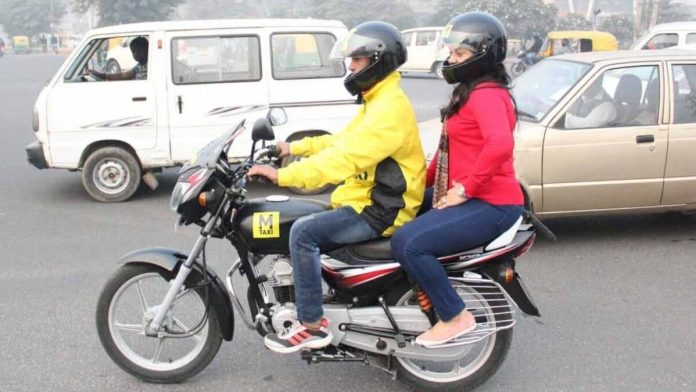The Internet and Mobile Association of India (IAMAI) has voiced its concerns regarding the Delhi government’s Delhi Motor Vehicle Aggregator and Delivery Service Provider Scheme 2023. The association has stated that the ambitious targets set by the government are virtually impossible to achieve due to the lack of electric vehicle (EV) infrastructure in the capital.
“It is imperative the government recognise that the paucity of charging stations and battery-swapping infrastructure in the capital make the scheme’s ambitious targets virtually impossible to meet,” IAMAI said in a statement.
Under the scheme, the government plans to allow only electric two-wheelers to operate as e-bike taxis. IAMAI reacted to this provision, highlighting the adverse effects it could have on countless gig workers in Delhi. The association argued that while the EV ecosystem needs to grow in the country, sudden and stringent regulations could disrupt the livelihoods of these workers.
IAMAI also pointed out the financial burden associated with owning an EV at present, which poses challenges for most gig workers. “The target of 100% electrification of bike taxis operating in Delhi right from the outset also raises serious concerns as the lack of a moratorium for bike taxis could render numerous gig workers without work overnight,” IAMAI added.
The issue has already led to a legal battle involving bike taxi aggregator Rapido and the Delhi government. The Delhi High Court had issued a stay order on the government’s regulations, prompting the government to challenge the decision in the Supreme Court. The apex court stayed the High Court’s order, dealing a blow to Uber and Rapido.
The problem has been a matter of concern in the capital for some time now. In response, a group of 40 bike taxi drivers sought intervention from Delhi Transport Minister Kailash Gahlot. They submitted a memorandum to Gahlot’s office, urging him to prevent any enforcement or action against them by the city government.
The concerns raised by IAMAI highlight the need for a more comprehensive approach to the implementation of the EV scheme. While the government’s goals of promoting electric mobility are commendable, it is crucial to consider the challenges posed by the lack of EV infrastructure and the financial implications for gig workers.
To achieve a successful transition to EVs, it is necessary to create a supportive ecosystem that includes an adequate charging infrastructure, affordable EV options, and a phased approach that allows gig workers to adapt to the new regulations without jeopardizing their livelihoods. Balancing the environmental objectives with the socio-economic impact on the workforce is key to the sustainable development of the EV sector in Delhi.

